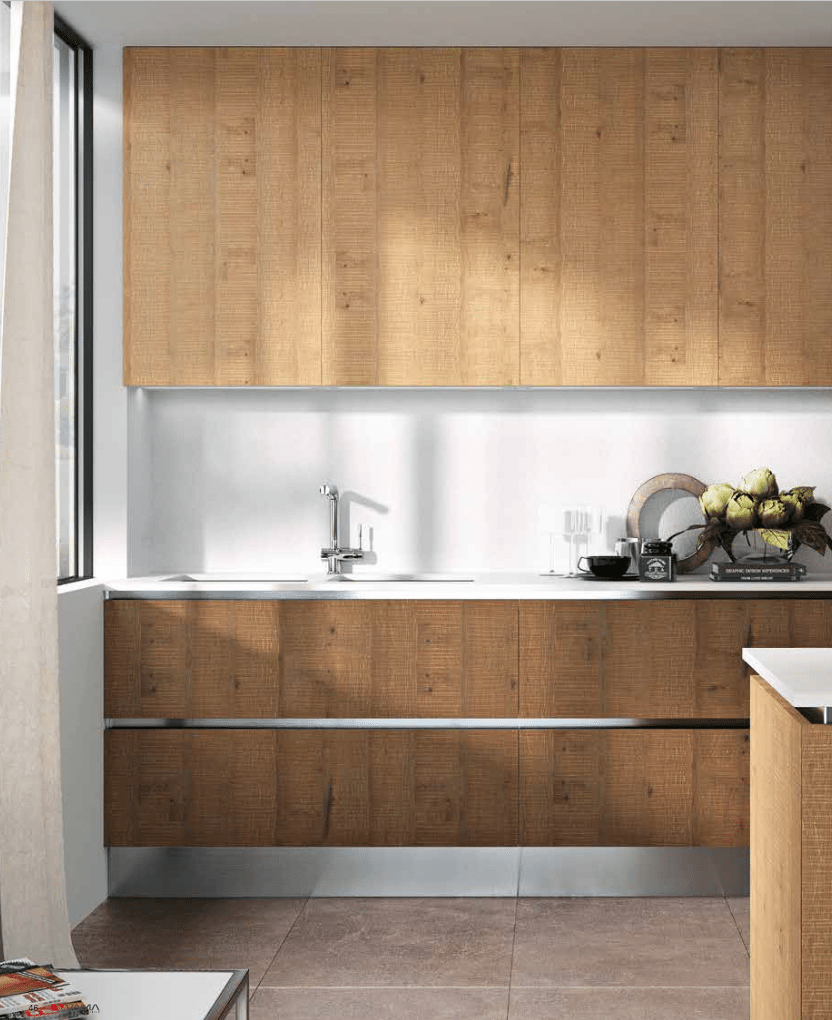Traditional Or European Kitchen Cabinets: What You Need To Know Before Ordering

Whether you’re updating your current kitchen or designing one from the ground up, it’s important to consider the style and layout of your cabinets. The types of cabinets you choose and where you place them can completely shift the look and feel of your entire kitchen. Before you schedule an appointment with your designer, it’s important to decide on a basic style that suits your tastes. European Kitchen Cabinets and traditional cabinets are the most common types and can provide very different but equally stunning looks.
STYLE DIFFERENCES
European Kitchen Cabinets are made to look sleek and simplistic. These types of cabinets have a smooth, flat surface without any visible trim or exterior design. Drawers and doors are almost adjacent, with little to no gap in between. Traditional kitchen cabinets feature trim, panels and railing to give door and drawer surfaces depth and an inset design. Components are typically spaced further apart with clear separations and visible patterns.
DESIGN OPTIONS
Both traditional and European Kitchen Cabinets can still be upgraded with a variety of finishes, knobs and handles to make them stand out in your kitchen. Consider including a few glass door cabinets with custom lighting to showcase your fine china or crystal. You can also select a special trim to help complete the seamless look from ceiling to floor. Consider your color and sheen options before meeting with your designer to help keep the selection process from becoming overwhelming.
While it may be tempting to visit your local hardware or home improvement store to shop for options, you’ll run the risk of getting inexperienced advice with a lack of expertise. In addition, you may end up with mass-produced products that were never truly made for your unique kitchen and individual needs. Whether you end up choosing European Kitchen Cabinets or the traditional style, be sure to consult a professional to help you get the custom look you want for this long-term purchase.
